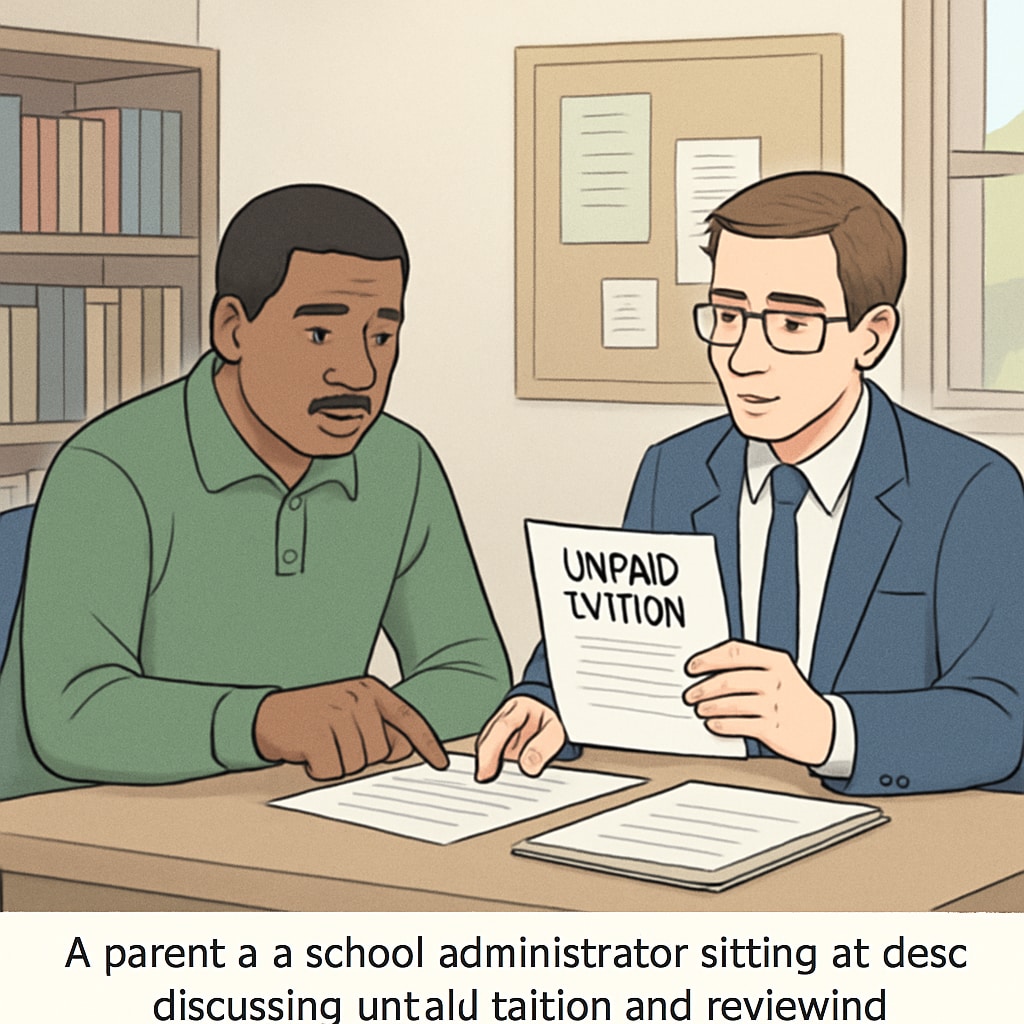Obtaining a transcript in situations involving unpaid tuition can be a challenging experience for many families. Particularly when students need their academic records to apply for professional exams like the PRC (Professional Regulation Commission) exams, navigating this issue becomes critical. This article examines K12 school policies concerning unpaid tuition, highlights possible solutions, and provides guidance for parents seeking to balance school rules with their children’s educational progress.
Understanding K12 School Policies on Transcripts and Unpaid Tuition
Most K12 schools have clear policies regarding unpaid tuition and the release of transcripts. These policies are often outlined in enrollment agreements and serve as a measure to ensure timely payment of tuition fees. Commonly, schools may withhold official transcripts until full payment is received. This creates challenges for families who may face financial difficulties but urgently need access to academic records for exams or transfers.

However, exceptions or alternative solutions may be available in certain cases. For instance, some schools allow parents to request unofficial transcripts or provide partial payment plans to release the required documents. It’s essential for parents to understand the specific policies of their child’s school and explore these options proactively.
Strategies for Obtaining Transcripts Despite Unpaid Tuition
When faced with the issue of unpaid tuition, parents can explore several strategies to address the situation. Below are some practical steps:
- Communicate with the school: Open dialogue with the school’s administration can help clarify policies and negotiate payment plans or other options.
- Provide documentation of need: If the transcript is required for critical purposes such as PRC exam applications, presenting official proof may prompt schools to consider releasing the records.
- Seek financial assistance: Families experiencing financial hardship may qualify for tuition assistance programs or emergency funding through community organizations.
- Request unofficial records: In some instances, schools may provide unofficial transcripts, which can suffice for certain applications.
By taking these steps, parents can demonstrate their commitment to resolving unpaid balances while ensuring their child’s academic needs are met.
Special Considerations for Professional Exam Requirements
Professional exams like the PRC often require official transcripts as part of the application process. This adds urgency to obtaining academic records despite unpaid tuition. Parents should emphasize the importance of exams to their child’s future and inquire whether schools have policies accommodating such situations. In addition, exploring external resources, such as legal advice or advocacy groups, may be helpful in navigating these challenges.

Families should also confirm the transcript requirements for the PRC exam directly with the regulatory body. This ensures they understand what type of document is needed (official vs. unofficial) and can plan accordingly.
In conclusion, while unpaid tuition can complicate access to transcripts, proactive communication, alternative solutions, and a focus on the child’s educational goals can help parents navigate these challenges effectively.
Readability guidance: Use short paragraphs and clear language to improve comprehension. Include actionable advice and lists to summarize key points. Maintain a professional tone and ensure smooth transitions between sections.


